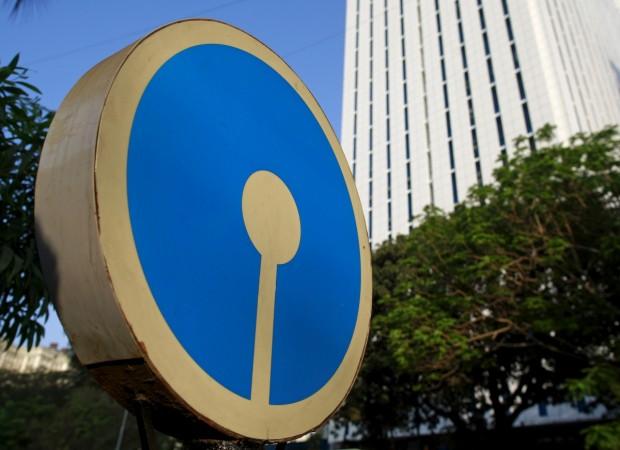
The government and the Banks Board Bureau will shortlist candidates for the next chairman of the the country's largest bank, the State Bank of India, as present incumbent Arundhati Bhattacharya's term will end in October, financial daily Economic Times said on Monday, citing a senior government official.
The daily said the government intends to start the process early so that there is a smooth transition and the bank does not remain headless for a long period. "We want to avoid a situation where for some reason the appointment gets delayed as seen in cases of some state-run lenders," the daily said, quoting the official, who added that such delays occurred despite getting vigilance clearances in advance.
Four managing directors of the bank – Rajnish Kumar, B Sriram, PK Gupta and Dinesh Kumar Khara – are in the running to succeed Bhattacharya. Gupta and Khara have longer tenures left and so have a stronger case. Kumar and Sriram are set to retire in 2018, the daily said, saying that vigilance clearance for three of the MDs has been obtained already.
Appointed in 2013 as the bank's first woman chairman, Bhattacharya got a year's extension in October 2016 as SBI was in the process of merging its associate banks like the State Bank of Mysore, State Bank of Travancore and Bharatiya Mahila Bank with itself.
Following the successful mergers in April, SBI accounted for nearly a quarter of all outstanding bank loans in India. It took nearly seven years after State Bank of Indore was merged with the country's largest lender to complete this consolidation, Economic Times said.
The paper quoted a senior BBB functionary as saying that the government would be looking at offering a fixed tenure for the bank chairman.
In 2015, while selecting private sector candidates for five large public sector banks (PSBs), the government had offered fixed three-year tenures subject to the superannuation age of 60 years. The same year, management reforms in PSBs were initiated and the post of chairman and managing director-cum-CEO was split, except for SBI.
In 2017-18, the bank has estimated growth (in business) of 10-12 per cent, and in fiscal 2019, it is pegged at 14 per cent.
A qualified institutional placement (QIP) issuance by the bank to raise RS 15,000 crore through private placement on June 5 came on the back of a 43 per cent stock rally in the last one year.
SBI said late last week that the QIP was oversubscribed, with demand exceeding Rs 27,000 crore and the issue getting priced at Rs 287.25 per share.
It said exceptionally strong demand of over Rs 8,000 crore came from only foreign institutional investors. Overall, FII demand was in excess of Rs 11,000 crore.
Anshula Kant, DMD & CFO of SBI, said in a Hindu Businessline report last week that for 2017-18 the bank has not fixed the resources that will be raised via divestment of non-core assets. Last year, the bank's resource raising target via divestment of non-core assets was Rs 3,000 crore and it raised Rs 2,700 crore.

















